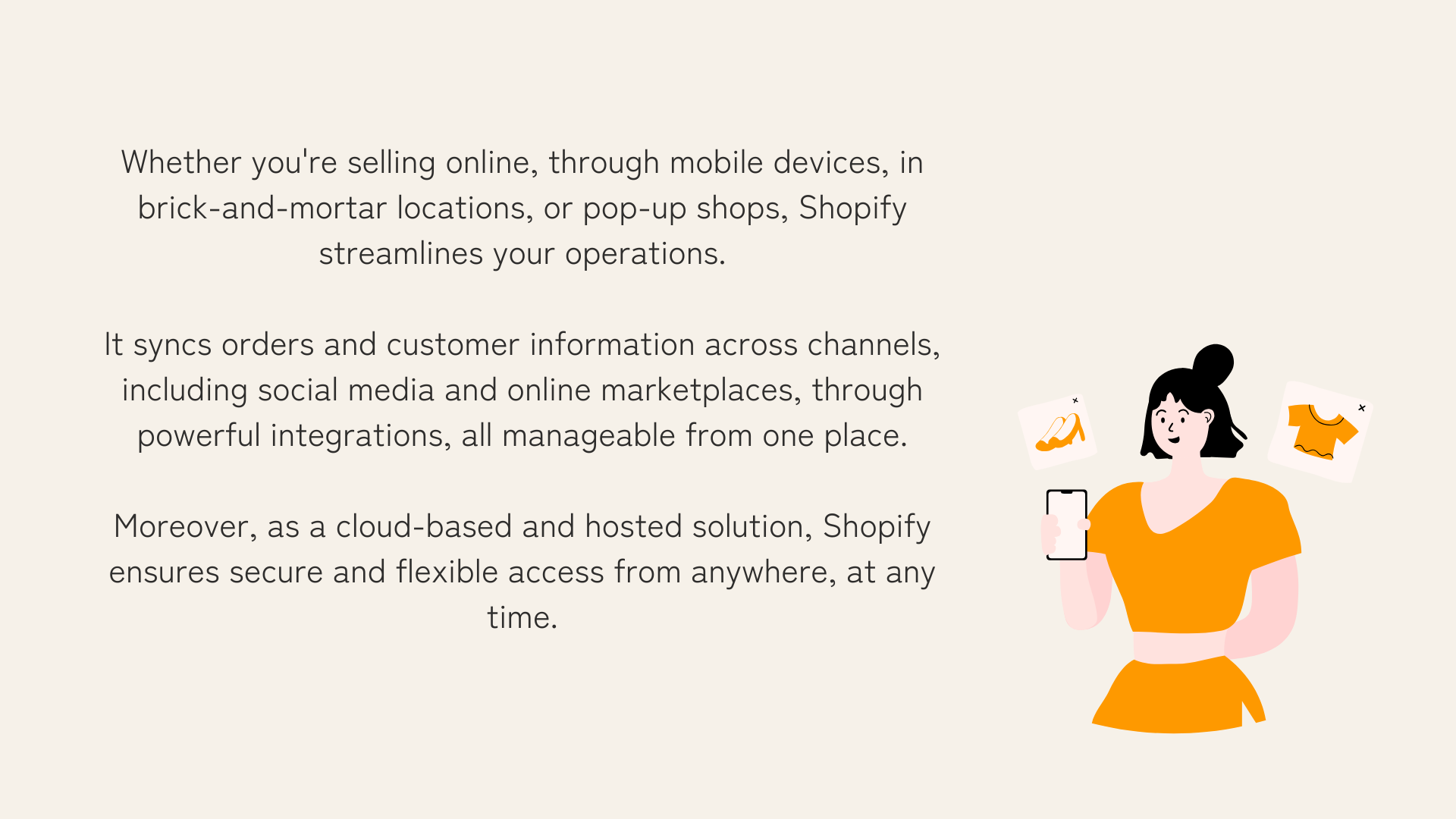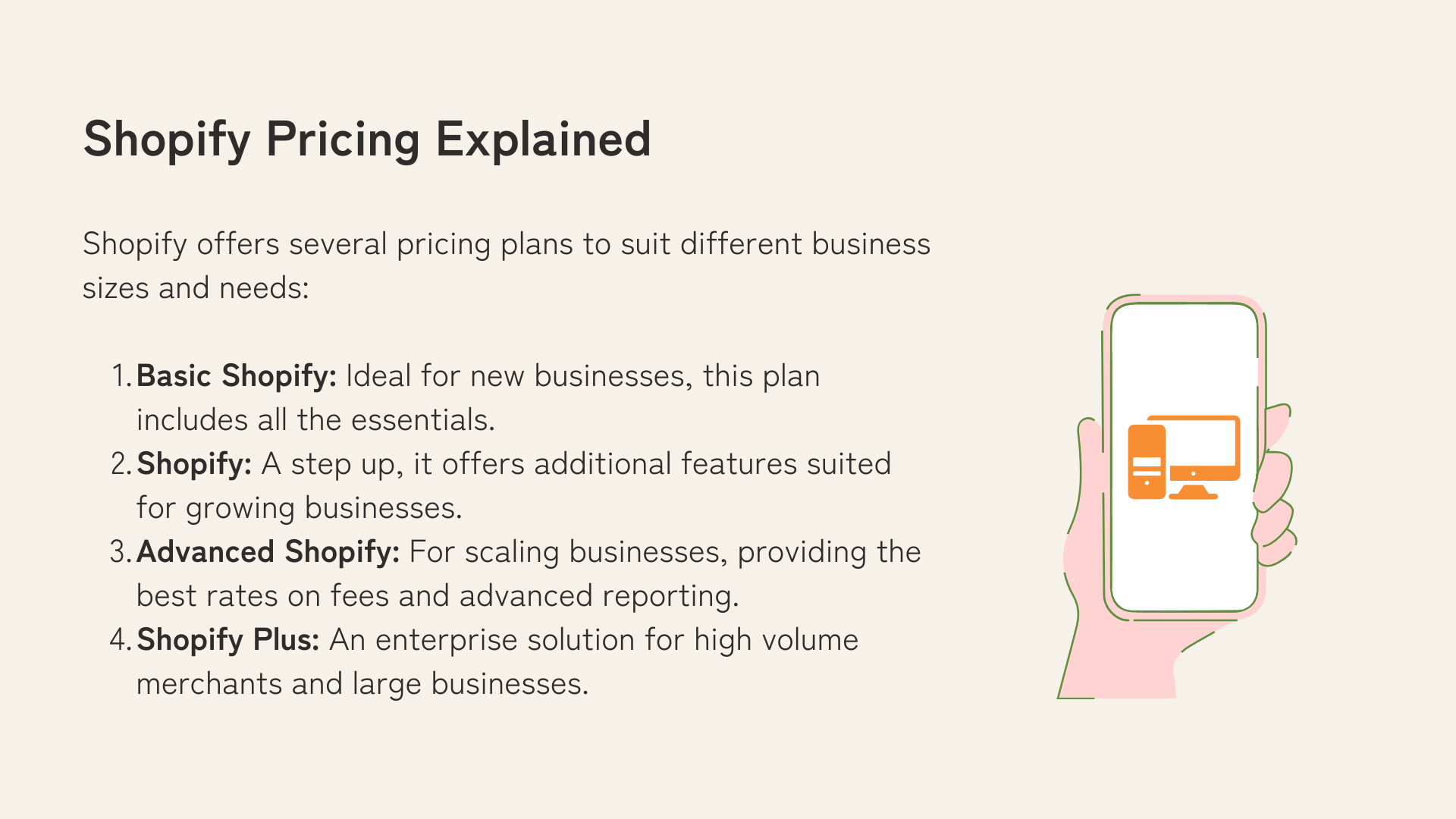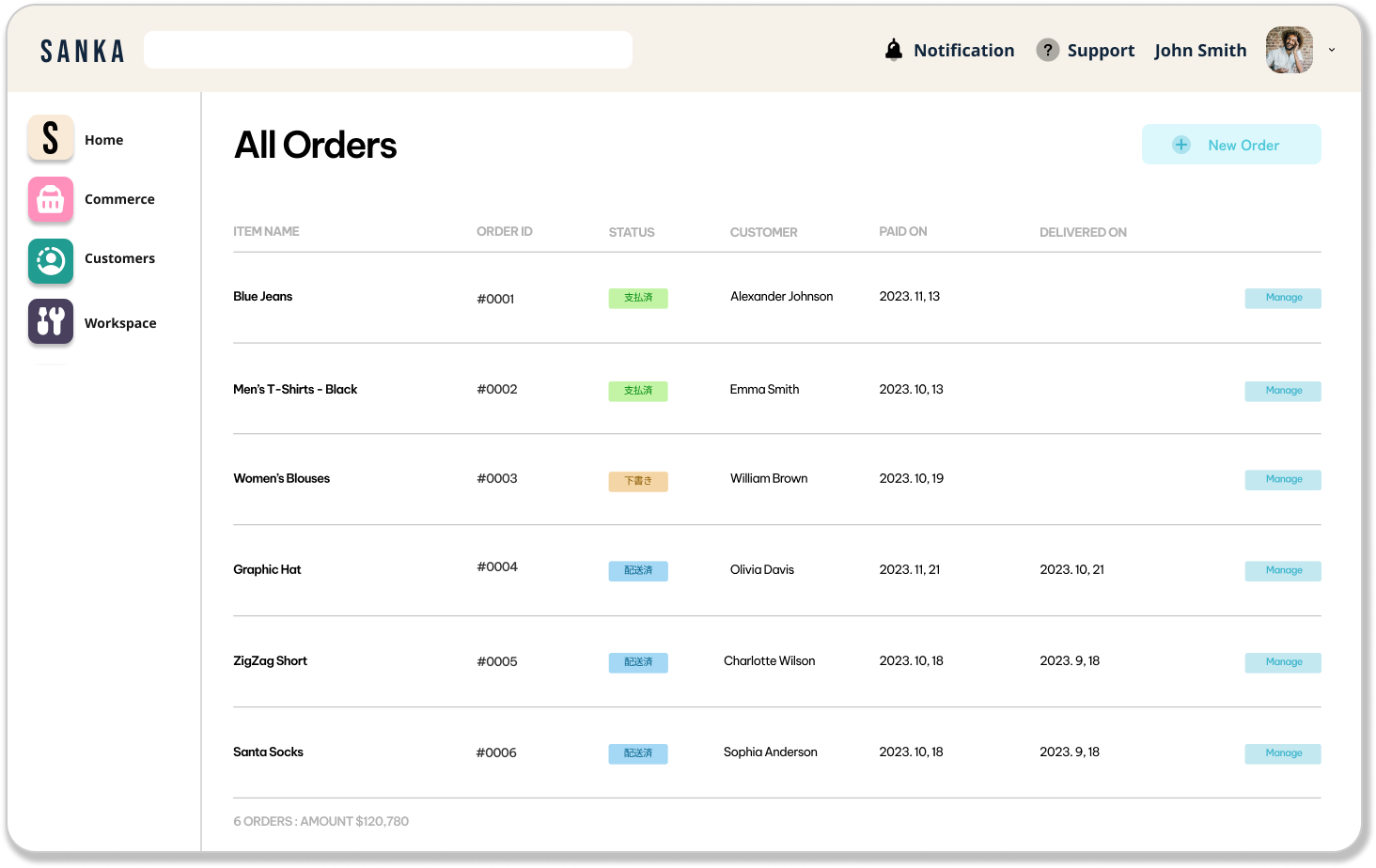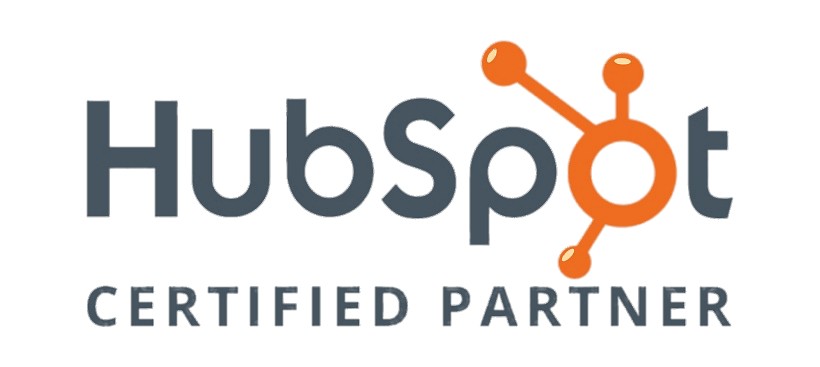Introduction
In the dynamic world of online sales and digital marketplaces, having a robust, reliable, and user-friendly e-commerce platform is the backbone of any successful online business.
Among the myriad options available, one name consistently stands out: Shopify.
Its multifaceted platform has become instrumental in the success stories of countless ventures, from quaint shops on Main Street to sprawling multinational online retailers.
But what exactly is Shopify, and why has it become a favorite among both budding entrepreneurs and established businesses? Let's take an in-depth look.
What is Shopify
Shopify is not merely an e-commerce platform; it's a comprehensive commerce ecosystem that enables anyone to start, nurture, manage, and scale a business.
Launched in 2006 by Tobias Lütke, Daniel Weinand, and Scott Lake, Shopify was born out of the trio's dissatisfaction with the existing e-commerce solutions while attempting to launch their own online snowboard shop.
Their frustration led to the development of Shopify, a platform that has since evolved from a simple store builder into a multifaceted commerce ecosystem supporting over 1.7 million businesses worldwide.
Offering a suite of services encompassing online store creation, marketing, sales, and operations management across various channels and locations, Shopify stands as a single point of convergence for all your commercial operations.
Its credibility is built upon the successes and experiences of millions of users, from solopreneurs to enterprise brands, utilizing the platform's features to pioneer the future of commerce.
Key Features of Shopify
Shopify is structurally designed to grow with your business, making it as suitable for startups as it is for high-volume global brands.
Its core offering, available across various plans, provides everything necessary to transform an idea into a thriving business.
Now, we're going to delve deep into Shopify's key features and explain how they can benefit the rookie and veteran retailer alike.
#1 User-Friendly Store Builder
Shopify's store builder is the backbone of its platform, designed for entrepreneurs with no prior web design or coding experience.
It's a drag-and-drop interface that is intuitive and easy to navigate, allowing you to personalize the look and feel of your online store.
Shopify provides over 70 professional responsive themes that you can use as a foundation, and these templates are flexible enough to accommodate any type of business.
Moreover, every Shopify theme comes with its unique settings, allowing you to customize colors, typography, and elements like headers, banners etc. using a live preview panel.
With the Shopify editor, you can add pages, products, and blog posts, change layouts, and create a website that mirrors your brand's aesthetics and principles without losing sleep over it.
#2 Easy Product Management
One of the shining stars in Shopify's repertoire is its robust product management system. It puts you in control of your inventory, whether you're selling physical goods, digital products, or a mix of both.
This system is designed for stress-free addition, modification, and organization of products. Each product can have its own title, description, images, and variations (like size, color, etc.).
To make management more efficient, products can be categorized, types and vendor info can be added, and collections (i.e. groups of products) can be created.
For instance, a clothing store owner could create a 'Summer Collection' to group all summer clothes.
Shopify also provides inventory management features, allowing business owners to track inventory levels, automatically stop selling products when they run out, or even showcase inventory levels to create a sense of urgency for customers.
#3 Multifaceted Sales Channel Integration
With Shopify, you're not restricted to selling via your online store alone. Shopify's platform integrates with multiple sales channels, expanding your business's reach.
These include popular marketplaces like Amazon and eBay, social media platforms like Facebook and Instagram, and even physical stores through the Shopify POS system.
With Shopify’s multi-channel capabilities, a customer could discover your product on Instagram, make a purchase through your online store, and then pick it up in person from your physical location.
This seamless integration across numerous sales channels provides a wholesome shopping experience for your customers and benefits your business by opening up new avenues of growth.
#4 Secure and Integrated Payments
One of the crucial areas for any online business is a secure and efficient transaction process. Shopify Payments, the platform’s built-in payment method, makes this simple.
It allows businesses to accept payments directly in Shopify, circumventing third-party gateways and unnecessary fees.
Moreover, Shopify Payments supports a wide variety of payment methods including credit and debit cards, Apple Pay, and Google Pay.
Additionally, it provides automatic setting for tax rates based on your location. However, if your business demands other options, Shopify also integrates with over 100 third-party payment gateways.
#5 Robust Checkout System
The checkout process can make or break a customer's purchasing decision. Shopify provides a quick and secure checkout experience to minimize cart abandonment.
It supports guest checkouts or customer account creation for a more personalized shopping experience.
Shopify also allows order notes, which customers can use to customize their order during the checkout process.
Further, the checkout process is optimized for mobile devices too, ensuring a smooth experience regardless of the device being used to make a purchase.
#6 SEO and Marketing Tools
Attracting targeted traffic to your online store is a huge part of its success, and Shopify offers built-in SEO features to help with search engine rankings.
From meta tags to automatic XML sitemap generation, Shopify aids in making every product page search-engine-friendly.
Beyond SEO, Shopify is also equipped with powerful marketing tools. Its ability to integrate with Google Ads and Facebook Ads, the availability of discount codes and gift cards, and the built-in blogging platform all contribute to solid marketing strategies that attract, engage, and retain customers.
#7 World-Class Customer Support
Despite various user-friendly features, you may still run into hurdles as you navigate your e-commerce journey.
Shopify's stellar customer support is always a click or call away to help you resolve issues. Available 24/7, Shopify’s support team can be reached via email, live chat, or phone.
Additionally, the Shopify Help Center offers guides, tutorials, and community forums where you can find answers to commonly asked questions and learn from other merchants.
Breaking Down the Process: How Shopify Facilitates E-Commerce

Step 1: Sign-Up and Store Creation
Getting started is as simple as signing up on Shopify’s website. Once registered, you’re prompted to name your store.
This is where your journey begins, from selecting a domain name to choosing a design template that resonates with your brand identity.
Shopify’s library is stacked with customizable themes, catering to various aesthetics and industries.
Step 2: Adding Products
Next, you dive into the core of your store: the products. Shopify’s system simplifies this process. For each item, you can add descriptions, images, prices, and more.
Whether you’re selling handmade jewelry or a range of tech gadgets, organizing your inventory on Shopify is straightforward.
Imagine you’re launching a line of eco-friendly water bottles. On Shopify, you’d create a new product listing, upload high-resolution images of the bottles, write compelling product descriptions, set the price, and categorize it under "Eco-friendly products".
Step 3: Payment and Shipping Configurations
With your products listed, the next step is setting up how you’ll get paid and how your products will reach your customers.
Shopify Payments, the platform’s integrated payment processor, simplifies this by accepting a wide range of payment methods.
Configuring shipping rates and zones ensures that your customers know what to expect when finalizing their purchases.
Step 4: Launching Your Store
With the products listed, payments configured, and shipping rules set, you’re all set to launch.
Shopify guides you through removing any default passwords, officially opening your store to the public. From here on, your focus shifts to attracting customers and growing your business.
After the Launch: Managing and Scaling on Shopify
Launching your store is just the beginning. Shopify is built for growth, offering tools that help you manage day-to-day operations and scale.
- Order Management: Receive and process orders with ease. Shopify’s backend allows you to view order details, update statuses, and communicate with customers directly.
- Analytics and Reporting: Understanding your store's performance is key to growth. Shopify provides detailed analytics and reports that help you track sales, customer behavior, and more.
- Marketing Tools: Use Shopify’s built-in marketing tools to attract customers. From SEO features helping you rank higher in search results to social media integrations and email marketing campaigns, there’s a lot you can do to drive traffic and conversions.
- App Integrations: As your store grows, you might find yourself needing additional functionalities. Shopify’s App Store is a treasure trove of add-ons and integrations that can enhance your store, be it through advanced analytics, inventory management, or customer loyalty programs.
Additional Products, Plans, and Services
The essence of Shopify is its scalability – as your business grows, so do your needs, and Shopify has developed a suite of products and services to address this.
Shopify Collabs, Inbox, and Sales Channels
Advancing beyond simple selling, Shopify Collabs connects you with influencers and affiliate marketers, while Shopify Inbox transforms store browsers into buyers with chat marketing.
Moreover, with a variety of sales channels, you have the ability to sell on platforms like TikTok, Instagram, and Etsy, syncing everything back to your Shopify admin.
Global Reach with Cross-Border Selling Features
Shopify breaks down geographical barriers with features that help you calculate duties and import taxes, making cross-border selling smooth and scalable with features exclusive to Shopify Plus members.
Shopify’s Ecosystem
Shopify's ecosystem extends to thousands of third-party apps available in the Shopify App Store, allowing for an even more customized store experience without needing to delve into code.
If the app you need doesn't exist, the Shopify Expert marketplace is available for hiring professionals who can build bespoke solutions tailored to your needs.
Shopify POS and Shopify Plus
With Shopify, businesses can sell in-person using Shopify POS, benefit from a scalable platform like Shopify Plus for high-volume sales, and even leverage Commerce Components for integrating Shopify's technology with existing systems.
For the high-volume enterprise, Shopify Plus offers a customizable solution packed with insightful analytics and automation tools.
It represents a powerful upgrade for businesses ready for the next level of growth, with exclusive features like a customizable checkout and dedicated tech support.
This wide range of solutions ensures that Shopify can cater to the unique demands of every business model and size.
Shopify's versatility is further enhanced by its rich app store, featuring thousands of third-party apps that extend its functionality.
This allows businesses to add niche features tailored to their unique needs without any coding. For those in search of specific solutions, the Shopify Experts marketplace offers professional services to build custom functionalities.
Shopify Pricing and Plans
Shopify's pricing structure is designed to accommodate the varied needs and scales of businesses.
It ranges from the Starter plan, ideal for creators using social media channels, to Shopify Retail plans for brick-and-mortar businesses, culminating in the Shopify Plus plan for enterprise-level users.
The three core Shopify plans cater to online stores of different sizes, ensuring that there's a solution for every business stage.
Notably, Shopify also encourages experimentation and exploration with a three-day free trial, and there are no transaction fees for users who choose Shopify Payments as their payment gateway.

Conclusion
Shopify is built on the principle of comprehensive, accessible, and scalable commerce. Its layered offering ensures that businesses at any stage of their development find the tools and resources they need to sell effectively and grow.
By providing the tools and support needed to manage and grow a business, Shopify enables entrepreneurs to focus more on what they do best - creating and selling products that meet the needs of their customers.
Whether you're just starting out or looking to expand your operations, Shopify offers a flexible, feature-rich platform that can help transform your business vision into reality.








